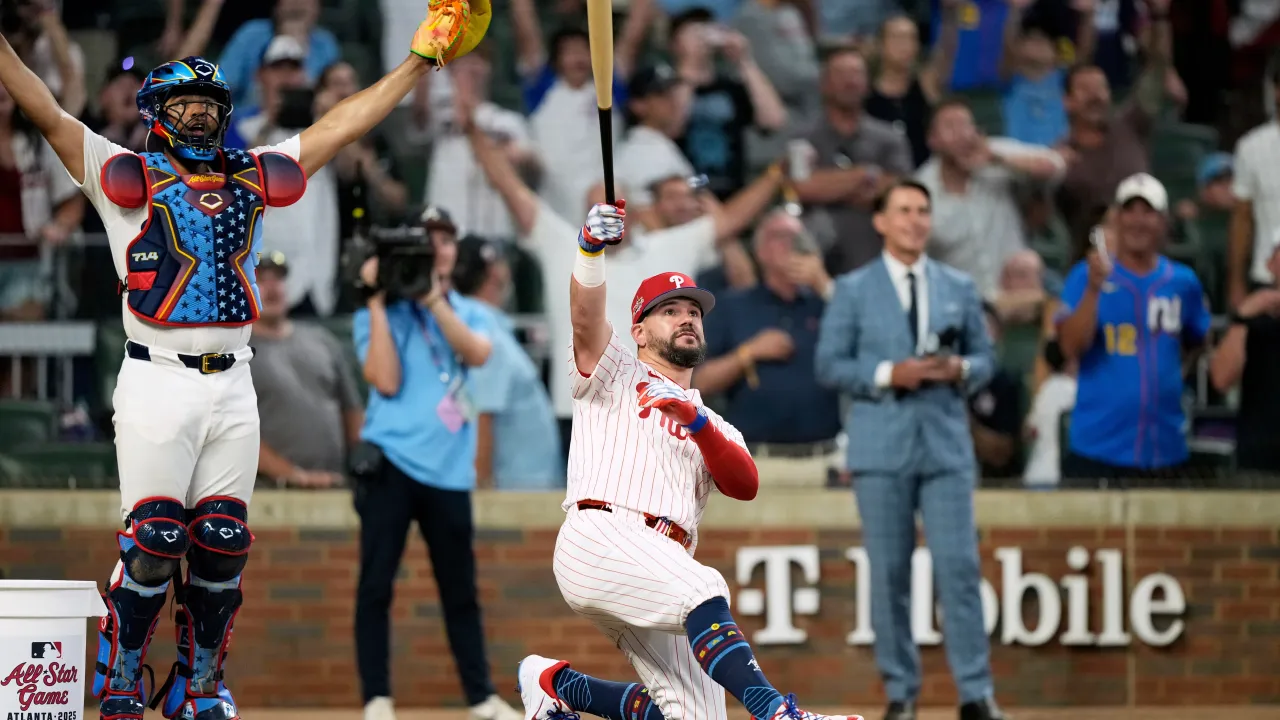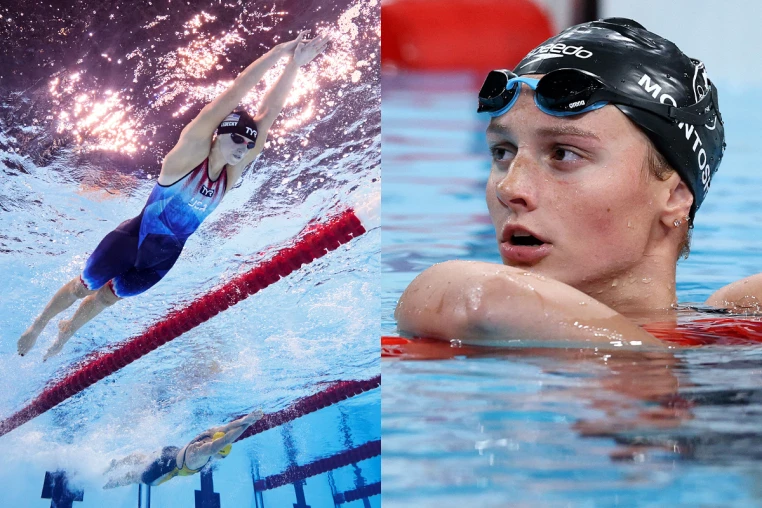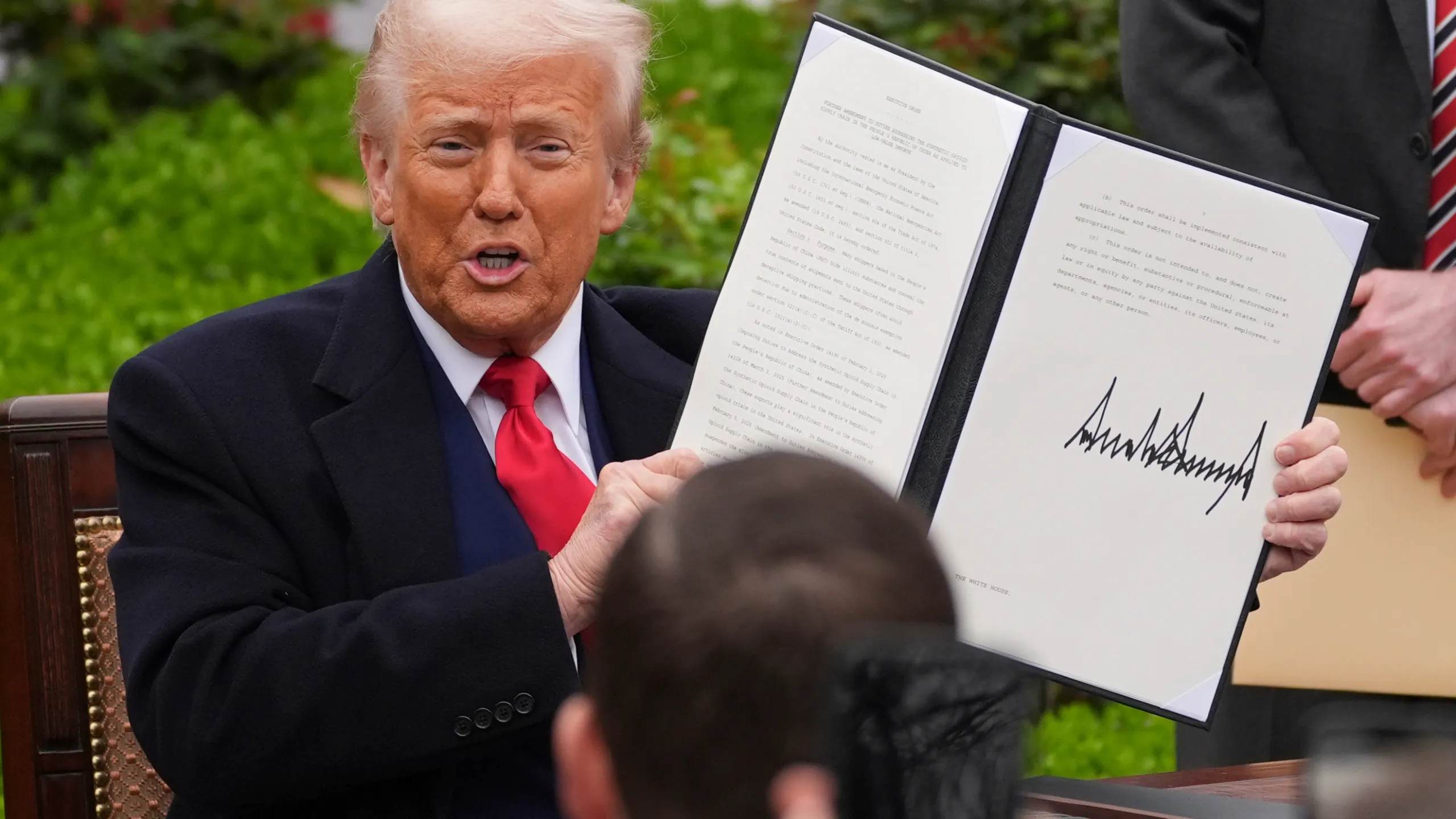
In the world of sports legends and rising stars, accolades and recognitions often mark the pinnacle of an athlete’s career. One such honor is induction into a university’s Hall of Fame, symbolizing outstanding achievements and contributions to collegiate sports. However, sometimes external policies and rules can unexpectedly interfere with an athlete’s recognition. Recently, Kyle Schwarber, a renowned Major League Baseball (MLB) player and former Indiana University standout, found himself in such a situation. Despite his impressive sports career, Schwarber has decided to defer his induction to Indiana University’s Hall of Fame because of strict attendance rules.
The Background of Kyle Schwarber’s College Career
Kyle Schwarber played college baseball at Indiana University Bloomington, where he distinguished himself as a formidable hitter and team leader. His impact was evident during his tenure, contributing significantly to the team’s success and catching the attention of Major League scouts. Schwarber’s college years laid the groundwork for his professional career, and he amassed numerous accolades that made him a strong candidate for institutional honors.
His accomplishments at IU included:
- Leading the team in home runs and RBIs
- Receiving All-American honors
- Serving as team captain and a key offensive player
Furthermore, Schwarber’s dedication and performance helped put Indiana University on the national baseball map, earning him respect both on and off the field.
The Hall of Fame Induction and the Attendance Rules Dilemma
Indiana University’s Hall of Fame aims to honor former athletes who have left a lasting impact on the university’s athletic programs. Induction is usually based on achievements, contributions, and ongoing commitment to the university community. However, the institution has specific **attendance and participation rules** that student-athletes, especially those inducted later, are expected to follow.
According to recent reports, Schwarber was slated for induction, a recognition that would underscore his contributions and cement his legacy at IU. Yet, due to a long-standing university policy that emphasizes consistent attendance to maintain Hall of Fame eligibility, Schwarber found himself in a difficult position.
Despite his professional commitments and international fame, Schwarber was informed that his absence from university events over recent years rendered him ineligible for induction under the current rules. The rules stipulate that inductees must demonstrate ongoing engagement with Indiana University, including participation in ceremonies and alumni activities. Schwarber, whose career has taken him around the globe, was unable to meet these attendance criteria.
Schwarber’s Response and Decision to Defer
Faced with the reality of the attendance requirement, Schwarber made a commendable decision: he chose to defer his Hall of Fame induction. In a statement, he expressed admiration and gratitude for Indiana University, emphasizing how proud he was of his time there and the impact it had on his life.
He stated, “While I am honored and grateful for the recognition, my current commitments limit my ability to meet the attendance standards. It is important for me to uphold the integrity of the Hall of Fame and respect the rules set by IU.”
This decision underscored Schwarber’s respect for the institution and his understanding of the importance of adhering to university policies. It also highlighted a broader conversation about the intersection of athletic achievements and institutional eligibility requirements.
The Broader Implications
Challenges for Athletes with Busy Professional Careers
Schwarber’s situation is not unique. Many athletes who leave collegiate sports for professional careers often face ongoing eligibility criteria that emphasize continued engagement with their alma maters. For high-profile athletes, balancing professional commitments, personal life, and university obligations can be challenging. The case raises questions about whether attendance rules should be flexible enough to accommodate these circumstances.
Balancing Recognition and Regulations
Universities want to honor their alumni while maintaining standards. Yet, strict adherence to rules such as attendance requirements can sometimes hinder deserving individuals from receiving recognition that is long overdue. As Schwarber’s case illustrates, a rigid rule can inadvertently exclude alumni who may live far away or have demanding schedules but have still made significant contributions to the university’s legacy.
Lessons Learned and Future Considerations
Scholarship and recognition programs need to find a balance between upholding standards and recognizing achievement. Flexibility in policies could allow institutions to honor athletes like Schwarber, who have demonstrated excellence but cannot meet strict attendance mandates due to professional obligations.
Furthermore, universities could consider alternative ways for inductees to participate, such as virtual ceremonies or posthumous honors, ensuring that deserving individuals are celebrated regardless of geographical or scheduling constraints.
Conclusion
Kyle Schwarber’s decision to defer his Hall of Fame induction highlights the complex relationship between institutional policies and individual achievement. His stance demonstrates respect for the rules while also subtly advocating for more adaptable recognition procedures. Schwarber’s career continues to flourish, and although he may not be officially honored in the Indiana University Hall of Fame at this moment, his legacy remains undeniable among fans and colleagues alike.
This incident serves as a reminder that while rules are essential for maintaining standards, there should be room for flexibility — especially when it involves honoring individuals who have significantly contributed to the institution’s legacy. The hope is that universities will reassess their policies to strike a better balance between tradition and recognition fairness.
In any case, Kyle Schwarber’s sports journey and his principled stand reflect the true spirit of dedication and respect for one’s roots, inspiring many young athletes and alumni.
For more updated news please keep visiting Prime News World.








